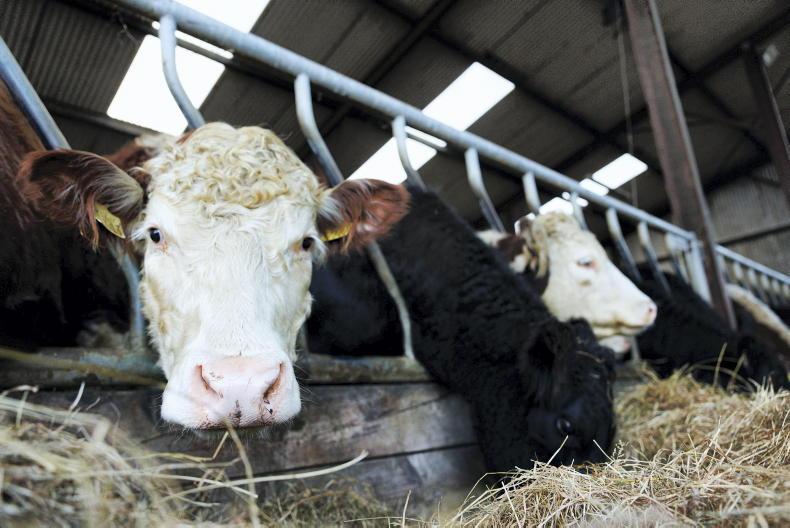Despite the publicity, I am still unclear what this new body entitled the Unfair Trading Practices Authority will involve.
The ban on changing contracts by major purchasers in their dealings with suppliers mid-stream is fairly clear, as well as the insistence on payment for goods delivered within an agreed time but, after that, it gets murky.
One of the industries supposedly in the frame is the beef industry where there have been continuous accusations of cartel-like behaviour, but these accusations have never been stood up.
Part of the reason now being put forward for the lack of action has been that the Competition Authority’s (now with the added tag of consumer protection in its name) first duty is to safeguard the interests of the consumer and as it was difficult to pinpoint consumer loss by action by the meat industry to hold down producer prices – there was no real case to answer.
So went the theory and indeed the practice. But if the beef industry is going to be investigated for unfair trading practices, there would seem to be plenty of scope.
During the early days of the IFA, there was a clear policy against vertical integration within the agri sector – in other words, that people or businesses could not own or substantially influence several individual stages in the supply chain.
It would seem that the practice of individual meat companies having large feedlots that could materially affect the supply – and hence the price – of cattle at critical times of the year could certainly merit real investigation by the new body.
Beef is not the only sector that should come under the spotlight
We can only assume that the new body will have power to look behind bank accounts and beneficial ownership structures whenever it undertakes an investigation.
But beef is not the only sector that should come under the spotlight.
We have been informally assured that the fertiliser sector will also be included. This is especially important in times like these, with wildly gyrating prices and a common interest among importers and manufacturers to keep prices high at least until the main spreading period is over.
It was the father of free market economics, Adam Smith, who correctly identified the large numbers of individual farmers as being particularly vulnerable to market manipulation by both their much smaller number of customers and suppliers.
To put it at its mildest, the new body will have an interesting and potentially pivotal role in reshaping trading relationships in the agri-food sector.









SHARING OPTIONS